
Kód: 04419547
Godard Between Identity and Difference
Autor John E Drabinski
This book reads a series of Godard films as interventions in contemporary debate about the language of difference. Godard has something he wants both to preserve (singularity) and destroy (visual and aural totalitarianism). How is ... celý popis
- Jazyk:
 Angličtina
Angličtina - Vazba: Brožovaná
- Počet stran: 176
Nakladatelství: Continuum Publishing Corporation, 2012
- Více informací o knize

Mohlo by se vám také líbit
-
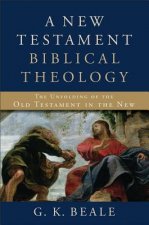
New Testament Biblical Theology - The Unfolding of the Old Testament in the New
1552 Kč -
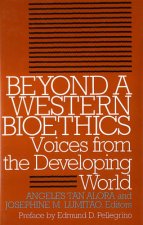
Beyond a Western Bioethics
2492 Kč -
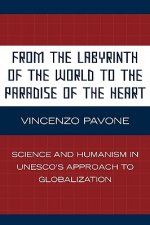
From the Labyrinth of the World to the Paradise of the Heart
4158 Kč -
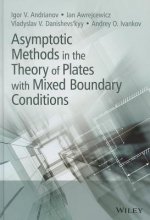
Asymptotic Methods In The Theory Of Plates With Mixed Boundary Conditions
4070 Kč -

Grundlagen des Ertragsteuerrechts
1413 Kč -

Galizien und der Panslavismus
1757 Kč -

20 grandes conspiraciones de la historia
334 Kč
Dárkový poukaz: Radost zaručena
- Darujte poukaz v libovolné hodnotě a my se postaráme o zbytek.
- Poukaz se vztahuje na celou naši nabídku.
- Elektronický poukaz vytisknete z e-mailu a můžete ihned darovat.
- Platnost poukazu je 12 měsíců od data vystavení.
Více informací o knize Godard Between Identity and Difference
Nákupem získáte 174 bodů
 Anotace knihy
Anotace knihy
This book reads a series of Godard films as interventions in contemporary debate about the language of difference. Godard has something he wants both to preserve (singularity) and destroy (visual and aural totalitarianism). How is it possible to speak about the Other? How is it possible for the Other to speak? Does all speaking about or by the Other render that speaking common, thereby rendering what is different identical? These questions gather together a number of issues that cross and intersect disciplinary boundaries: signification, representation, ethics, politics, and so on. The problematics with which Drabinski is concerned begin in the debate between Levinas and Derrida, then later in dialogue with Blanchot and Irigaray. To this extent, Godard is particularly well-suited as an interlocutor. Godard's work, especially in the 1970s, is itself a self-conscious form of philosophy. His films theorize themselves, produce a reflexive sound-image language, and so in many ways match the very essence of philosophy: thought thinking thought. Still, the medium of sound and image complicates any rendering of Godard's work as philosophy. Godard produces a philosophically significant cinematic language, rather than simply narrating or representing philosophical ideas in the medium of film. And this language must be taken seriously in the context of the problem of difference. For, if difference is concerned with signification as such, then the visual and aural retain equal rights with writing (and all questions obtaining therein). Indeed, if part of the problem of speaking about or by the Other is how such speaking traffics in inscription, then cinematic language is certainly an important - and authentically complex - intervention in that problem. The nature of the debate in this project - how the language of alterity is possible or impossible - immediately breaks disciplinary borders between philosophy, literary theory, film studies, and cultural studies. What it means to engage with film in this context, however, is complicated. To wit, there are two standard treatments of film in philosophy. Film is typically either an example of a philosophical position or philosophy is used to interpret motifs, characters, plot lines, etc. In neither case is film engaged as a form of philosophizing itself, that is, as a language engaged with philosophical problematics. It is articulating exactly this engagement that this book takes as its primary task. The aim of the project is to read Godard's work as primary texts, with all the attention due the idiosyncratic language of those texts. Framed by the debate about difference and signification, these primary texts register and resonate as transformative interventions. The overarching argument of the book is that Godard's conception and practice of cinematic language opens new, important possibilities for thinking about radical alterity.
 Parametry knihy
Parametry knihy
Zařazení knihy Knihy v angličtině The arts Film, TV & radio Films, cinema
1741 Kč
- Plný název: Godard Between Identity and Difference
- Autor: John E Drabinski
- Jazyk:
 Angličtina
Angličtina - Vazba: Brožovaná
- Počet stran: 176
- EAN: 9781441114846
- ISBN: 144111484X
- ID: 04419547
- Nakladatelství: Continuum Publishing Corporation
- Hmotnost: 260 g
- Rozměry: 235 × 160 × 10 mm
- Datum vydání: 05. January 2012
Oblíbené z jiného soudku
-
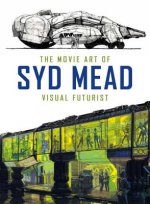
Movie Art of Syd Mead: Visual Futurist
944 Kč -

Ghostbusters: Proton Pack and Wand
277 Kč -

The Art and Soul of Dune
1345 Kč -
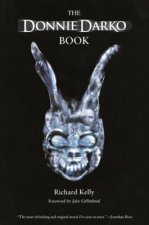
Donnie Darko Book
450 Kč -

The Celestine Prophecy
303 Kč -

100 All-Time Favorite Movies of the 20th Century
481 Kč -

The Art of Princess Mononoke
705 Kč -

Art of How to Train Your Dragon 2
939 Kč -

Art of Mad Max: Fury Road
677 Kč -

Alien: The Blueprints
804 Kč -

The Grand Budapest Hotel
357 Kč -
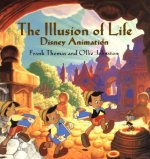
The Illusion of Life : Disney Animation
1350 Kč -
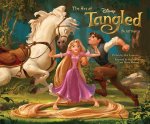
The Art of Tangled
851 Kč -
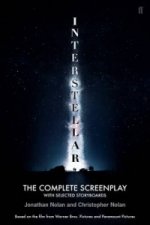
Interstellar
543 Kč -
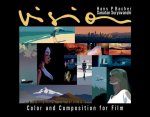
Vision
713 Kč -
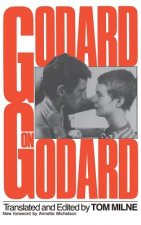
Godard On Godard
449 Kč -

Best of Metallica for Violin
379 Kč -
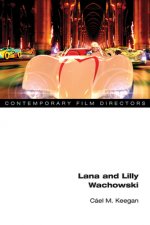
Lana and Lilly Wachowski
646 Kč -

Mean Girls: The Burn Book Hardcover Ruled Journal
440 Kč -

Animator's Survival Kit
958 Kč -

The Animator's Survival Kit
943 Kč -

Jurassic Park
1211 Kč -

Alien: The Archive - The Ultimate Guide to the Classic Movies
944 Kč -

Lighting for Cinematography
729 Kč -
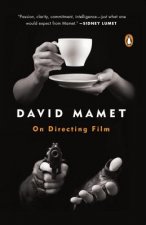
On Directing Film
371 Kč -

Story
750 Kč -

Jurassic World: The Ultimate Visual History
1322 Kč -

Art of Inside Out
709 Kč -

Spiderman Into the Spider-Verse
867 Kč -

Star Wars - the Jedi Path
464 Kč -

Star Trek: Light-Up Starship Enterprise
311 Kč -

Into The Woods
303 Kč -
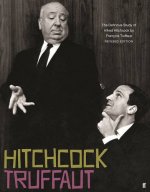
Hitchcock
545 Kč -

Filmmaker's Handbook, The (fifth Edition)
817 Kč -

Character Animation Crash Course!
881 Kč -

Making of Aliens
1147 Kč -
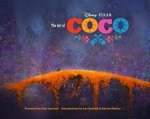
Art of Coco
810 Kč -

Archive of Magic: the Film Wizardry of Fantastic Beasts: The Crimes of Grindelwald
894 Kč -
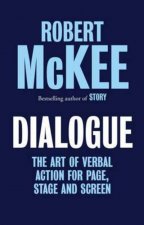
Dialogue
750 Kč -

Painting With Light
853 Kč -

Princess Mononoke: The First Story
732 Kč -

The Anime Art of Hayao Miyazaki
622 Kč -
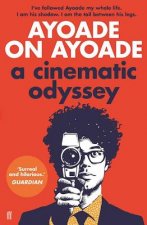
Ayoade on Ayoade
303 Kč -
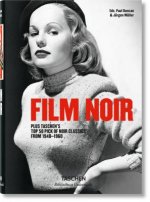
Film Noir
494 Kč -

Animator's Survival Kit
1478 Kč -

Jedi Vs. Sith
656 Kč -

Crystal Lake Memories
973 Kč -

Isle of Dogs
400 Kč -

Fantastic Mr. Fox
836 Kč
Osobní odběr Praha, Brno a 12903 dalších
Copyright ©2008-24 nejlevnejsi-knihy.cz Všechna práva vyhrazenaSoukromíCookies



 Vrácení do měsíce
Vrácení do měsíce 571 999 099 (8-15.30h)
571 999 099 (8-15.30h)